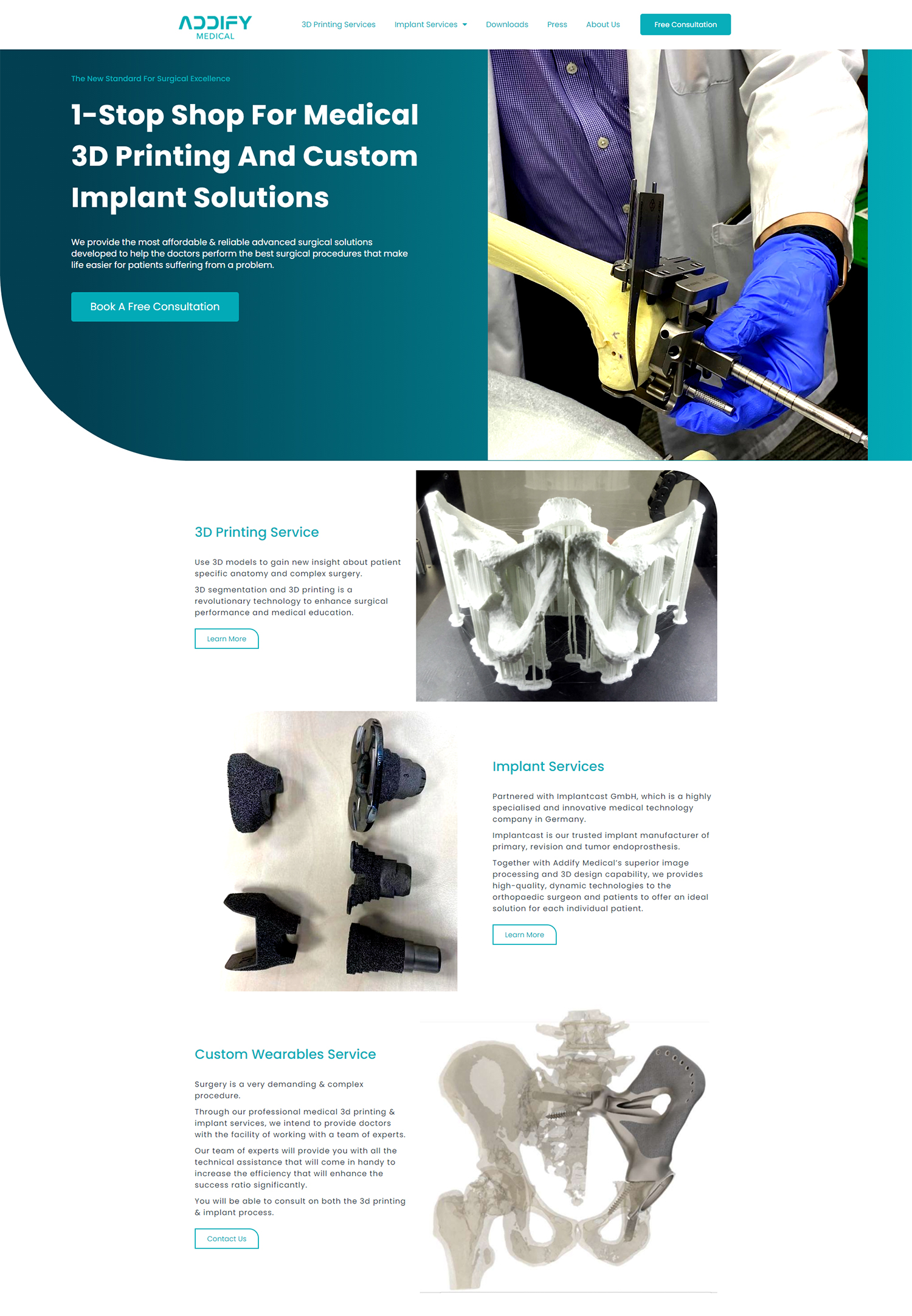Digital marketing is the practice of promoting goods, services, or brands to specific audiences through the use of online platforms & technologies. SEO, content marketing, social media marketing, email campaigns, and paid advertising are just a few of the strategies that are incorporated into this multifaceted approach. Through digital channels, the main goals of digital marketing are to raise brand awareness, produce leads, and encourage conversions. Digital marketing is becoming a crucial part of contemporary business strategies as consumer behavior continues to move towards online platforms.
Key Takeaways
- Digital marketing is the use of digital channels to promote and sell products and services to consumers.
- Digital marketing is important because it allows businesses to reach a larger audience, target specific demographics, and track the effectiveness of their campaigns.
- Key components of digital marketing include search engine optimization (SEO), social media marketing, email marketing, and content marketing.
- Digital marketing strategies can include creating engaging content, utilizing social media platforms, and implementing targeted advertising campaigns.
- Tools and platforms for digital marketing include Google Analytics, social media management tools, email marketing platforms, and advertising platforms like Google Ads and Facebook Ads.
Because so many people now own smartphones & other internet-connected devices, there is a constantly connected consumer base. As a result, digital marketing is crucial for connecting with & attracting new customers. By using data analytics and performance metrics, this strategy enables businesses to target particular demographics, reach a global audience, & track the real-time efficacy of their marketing campaigns.
Compared to traditional marketing techniques, digital marketing has a number of benefits, such as cost effectiveness, accurate audience targeting, and the capacity to swiftly modify campaigns in response to performance data. Digital marketing is still essential for businesses to stay relevant and competitive in the digital age as consumer preferences & technology change. Marketing initiatives that are both tailored and targeted. Digital marketing, in contrast to conventional marketing strategies like print or television commercials, provides an unparalleled degree of targeting and personalization.
Businesses may more effectively and relevantly target their marketing efforts by using digital marketing to customize their messaging to target audiences based on their interests, behaviors, and demographics. Campaigns that are data-driven & measurable. Digital marketing gives companies the opportunity to not only reach a wider audience but also monitor & evaluate the effectiveness of their campaigns in real time. This translates to more rapid and economical marketing efforts for companies as they can modify their strategies in response to performance data.
Marketing strategies that are agile and flexible. More flexibility and agility are also possible with digital marketing since campaigns can be started and changed fast without the lengthy lead times needed with traditional marketing techniques. To develop a thorough and successful strategy, businesses need to be aware of a few essential elements of digital marketing. Search engine optimization (SEO), social media marketing, email marketing, online advertising, and content marketing are some of these components.
To draw in & keep the interest of a target audience, content marketing entails producing and disseminating worthwhile, pertinent content. This can involve infographics, videos, blog entries, and more. The process of improving a website for search engines to rank higher and increase its visibility to potential customers is known as search engine optimization, or SEO. In order to engage audiences and increase brand awareness, social media marketers use social media platforms. To nurture leads and increase sales, email marketers send customized messages to a list of subscribers.
A range of paid advertising techniques, including pay-per-click (PPC) and display ads, are included in online advertising to connect with potential clients. To meet their marketing objectives, businesses can employ a variety of digital marketing techniques. These tactics include search engine optimization (SEO), which aims to improve a website’s visibility in search engine results pages; email marketing, which entails sending targeted messages to a list of subscribers; inbound marketing, which concentrates on attracting and engaging customers through relevant & helpful content; social media marketing, which involves using social media platforms to connect with audiences and build brand awareness; and online advertising, which includes a variety of paid advertising methods to reach potential customers online. Apart from these tactics, companies can also utilize influencer marketing, which entails collaborating with social media influencers to endorse goods or services; affiliate marketing, which entails collaborating with other companies or individuals to endorse goods or services in return for a commission; & content marketing, which entails producing and disseminating pertinent and worthwhile content to draw in & captivate a specific audience.
Businesses can use a wide range of tools and platforms in their digital marketing campaigns. These consist of content management systems like WordPress and Drupal, email marketing platforms like Mailchimp, Constant Contact, & HubSpot, social media sites like Facebook, Instagram, Twitter, LinkedIn, & Pinterest, analytics tools like Google Analytics and Adobe Analytics, and advertising networks like Facebook Ads and Google Ads. Apart from these platforms and tools, companies can also use marketing automation software to carry out repetitive tasks like posting on social media and sending emails, customer relationship management (CRM) software to handle & analyze customer data and interactions throughout the customer lifecycle, and search engine optimization (SEO) tools to make their website more search engine friendly. KPIs, or key performance indicators. Businesses can utilize a variety of key performance indicators (KPIs) to assess the effectiveness of their digital marketing campaigns.
These include the quantity of people who visit a website, known as website traffic; the percentage of visitors who complete a desired action, such as making a purchase or filling out a form; the percentage of people who click on an advertisement or link; the return on investment (ROI), which calculates the difference between the revenue & the cost of a marketing campaign; and the cost of acquiring a new customer, known as customer acquisition cost (CAC). Social Media Measurements. Businesses can utilize social media metrics like engagement rate, reach, and impressions in addition to these KPIs to assess the effectiveness of their social media marketing campaigns. SEO & email metrics. Search engine optimization (SEO) metrics like keyword rankings and organic traffic can be used to gauge the effectiveness of SEO efforts, while email marketing metrics like open rate, click-through rate, and conversion rate can be used to gauge the success of email campaigns.
With new trends and technologies appearing on a regular basis, the field of digital marketing is always changing. As more people use voice-activated devices like smart speakers, voice search optimization will become more important. Artificial intelligence (AI) will continue to play a major role in digital marketing as it becomes more and more useful in personalizing customer experiences and automating repetitive tasks. Augmented reality (AR) and virtual reality (VR) will become more popular in creating immersive brand experiences, & privacy & data security will receive more attention as a result of new regulations like the General Data Protection Regulation (GDPR). Along with these trends, companies should also anticipate an increase in the importance of mobile optimization as more customers use smartphones and other mobile devices to access the internet, a continued focus on sustainability and corporate social responsibility in response to consumer demand for ethical business practices, & continued growth in influencer marketing as more brands collaborate with well-known individuals on social media. In general, companies that remain ahead of these trends & modify their digital marketing plans appropriately will be in a strong position to succeed in the rapidly evolving digital market.
If you’re interested in learning more about how digital marketing can impact sales, check out this article on how to increase sales. It provides valuable insights into the relationship between digital marketing strategies and driving revenue for your business. Understanding the importance of web design is also crucial, as highlighted in this article on why great web design is important. These resources can help you gain a comprehensive understanding of the fundamentals of digital marketing and its impact on sales and business growth.




























